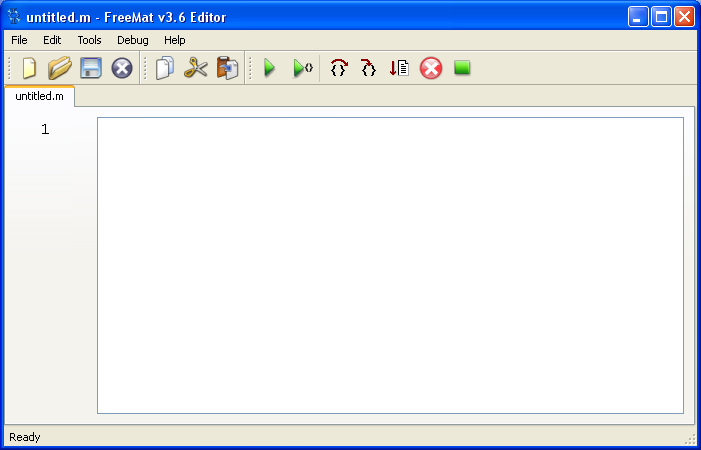


Friedman, and Steve Allen, each give personal introductions for one episode. Arnold Schwarzenegger, George Shultz, Ronald Reagan, David D.
#FREEMAT NCHOOSE SERIES#
The series was rebroadcast in 1990 with Linda Chavez moderating the episodes. Williams (economist, political commentator) – Episode 8 Williams (International Secretary of United Steelworkers) – Episode 8 Beryl Wayne Sprinkel (Executive Vice President of Harris Bank) – Episode 9.Thomas Sowell (economist, author, columnist) – Episodes 4, 5.Thomas Shannon (Executive Director of the National School Boards Association) – Episode 6.Albert Shanker (President of United Federation of Teachers and American Federation of Teachers teachers' unions) – Episode 6.Donald Rumsfeld (politician, President of G.Frances Fox Piven (academic) – Episode 5.Peterson ( chemist, politician) – Episode 1 Kathleen O'Reilly ( Consumer Federation of America consumer advocate) – Episode 7.Helen Bohen O'Bannon (economist, bureaucrat, social worker) – Episode 4.William McChesney Martin (former Chairman of the Federal Reserve) – Episode 9.Robert Lekachman (economist) – Episode 3.Richard Landau ( medical professor) – Episode 7.Peter Jay (economist, journalist, diplomat) – Episodes 3, 5.

Nicholas von Hoffman (journalist, political commentator/columnist) – Episode 3.Michael Harrington (author, academic, activist) – Episode 1.Assistant Secretary of Labor) – Episode 8 Bob Galvin (CEO of Motorola, Inc.) – Episode 1.Otmar Emminger (President of Deutsche Bundesbank) – Episode 9.Dumpson ( bureaucrat, social worker, academic) – Episode 4 Richard Deason ( IBEW union leader) – Episode 2.Robert Crandall ( Brookings Institution economist) – Episode 7.John Coons ( law professor, school choice activist) – Episode 6.Barber Conable (politician, President of the World Bank) – Episode 1.Joan Claybrook (Administrator of the National Highway Traffic Safety Administration) – Episode 7.Jagdish Bhagwati (economist) – Episode 2.Gregory Anrig (Commissioner of Massachusetts Department of Education) – Episode 6.After the final episode, Friedman sat down for an interview with Lawrence Spivak. The interlocutors would offer objections to or support for the proposals put forward by Friedman, who would in turn respond. Searle & Company) and Frances Fox Piven of City University of New York. Following the primary show, Friedman would engage in discussion moderated by Robert McKenzie with a number of selected debaters drawn from trade unions, academy and the business community, such as Donald Rumsfeld (then of G.D.
#FREEMAT NCHOOSE FREE#
The general format was that of Milton Friedman visiting and narrating a number of success and failure stories in history, which he attributes to free-market capitalism or the lack thereof (e.g., Hong Kong is commended for its free markets, while India is excoriated for relying on centralized planning especially for its protection of its traditional textile industry). It was based on a 15-part series of taped public lectures and question-and-answer sessions. It was filmed at the invitation of Robert Chitester, the owner of WQLN-TV. PBS broadcast the programs, beginning in January 1980. The book was on top of the United States best sellers list for 5 weeks. Published in January 1980, the 297 page book contains 10 chapters. It was primarily a response to an earlier landmark book and television series The Age of Uncertainty, by the noted economist John Kenneth Galbraith.įree to Choose: A Personal Statement maintains that the free market works best for all members of a society, provides examples of how the free market engenders prosperity, and maintains that it can solve problems where other approaches have failed. Friedman, accompanied by a ten-part series broadcast on public television, that advocates free market principles. Free to Choose: A Personal Statement is a 1980 book by economists Milton and Rose D.


 0 kommentar(er)
0 kommentar(er)
